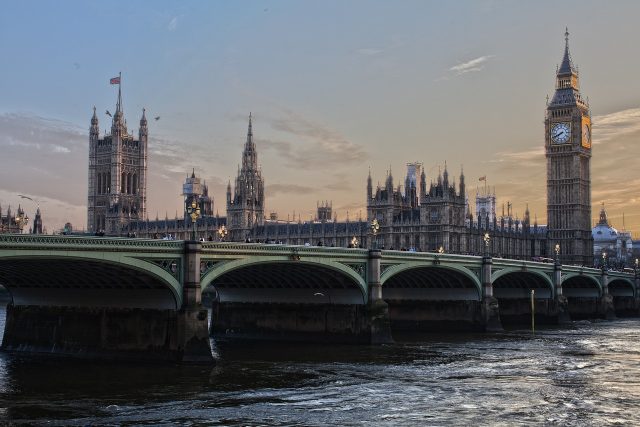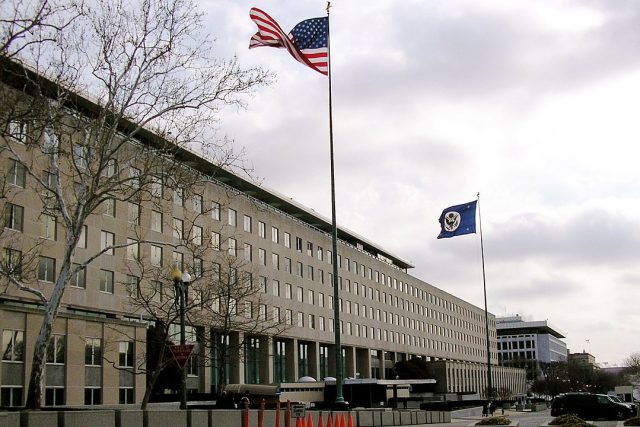The UK government released a new definition of extremism on Thursday in response to a rise in extremist threats across the country. Groups that meet the new definition will be automatically barred from receiving government funding. The statement outlining this definition noted that the change is due to the increasing pervasiveness of extremist ideologies in recent years, especially following the October 7 attacks in Israel.The new definition holds that extremism includes the promotion or advancement of an ideology based on violence, hatred or intolerance, as well as having at least one of three aims. The listed aims are to negate or destroy fundamental rights and freedoms of others, to undermine the UK’s system of liberal parliamentary democracy and democratic rights, or to intentionally create a permissive environment for others to achieve the results of the first two aims.However, the statement does include explicit reference to the fact that the lawful exercise of a person’s rights such as the freedoms of thought, expression, religion and association are not examples of extremism. The government states its ambition to strike a “proportionate balance between protecting our democratic right to freedom of expression and belief whilst safeguarding the people of the UK and our democratic institutions against the wide-ranging harms of extremism.” The new definition is narrower and more precise than the previous definition which did not provide how to assess and identify extremism. Organizations or individuals added to the list will not be criminalized, unlike terrorist groups. Instead, they will be barred from contact with the government and will not be able to receive government funding. Additionally, the government announced that a new unit, the Counter-Extremism Centre of Excellence, has been set up, to gather intelligence and identify extremist groups.The new definition and government approach to extremism comes just three weeks after UK Prime Minister Rishi Sunak made a speech outside Downing Street condemning extremists trying to “deliberately” undermine the country’s “multi-faith democracy.”Secretary of State for Levelling Up, Housing and Communities Michael Gove, who led the department behind the new definition, said: Today’s measures will ensure that government does not inadvertently provide a platform to those setting out to subvert democracy and deny other people’s fundamental rights. This is the first in a series of measures to tackle extremism and protect our democracy.Public response to the new definition has been mixed. In the parliamentary debate following the announcement, it was stated that Zara Mohammed of the Muslim Council of Britain is concerned that the Government’s proposals are “undemocratic, divisive and potentially illegal.” Additionally, the government’s independent reviewer of terrorism legislation, Jonathan Hall, said that their proposal “could undermine the UK’s reputation because it would not be seen as democratic.” Criticism has also come from the Church of England with the Archbishops of Canterbury and York issuing a joint statement that the new definition “risks disproportionately targeting Muslim communities, who are already experiencing rising levels of hate and abuse” and “may vilify the wrong people”.It is not known which groups the government proposes to label as extremist, although it has promised to publish a list in the coming weeks and suggested radical Islamists and neo-Nazis groups will be targeted.




The Most Read
Сryptocurrencies
Bitcoin and Altcoins Trading Near Make-or-Break Levels
Financial crimes
Thieves targeted crypto execs and threatened their families in wide-ranging scheme
Financial crimes
Visa Warning: Hackers Ramp Up Card Stealing Attacks At Gas Stations
News
Capitalism is having an identity crisis – but it is still the best system
Uncategorized
The 73-year-old Vietnamese refugee is responsible for bringing Sriracha to American consumers
Uncategorized
Electric Truckmaker Rivian, Backed By Amazon, Ford, Raises Whopping $1.3 Billion